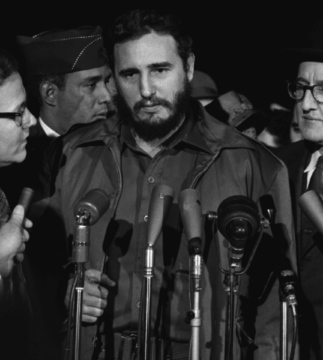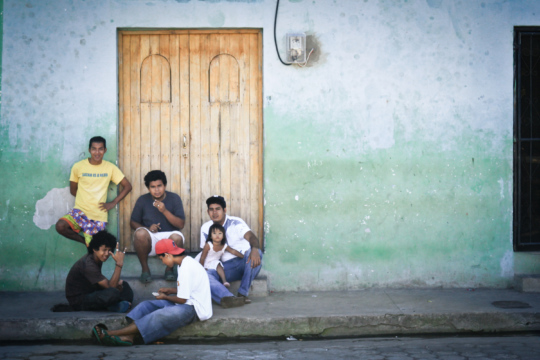
Issues Shaping Central America
A compilation of the most relevant Dialogue’s articles, presentations and reports on Central America: its development challenges and policy options.
A compilation of the most relevant Dialogue’s articles, presentations and reports on Central America: its development challenges and policy options.
Este artículo presenta resultados sobre el impacto de la política fiscal en la desigualdad y la pobreza en dieciséis países de América Latina. Los países que más redistribuyen son Argentina, Brasil, Costa Rica y Uruguay, y los que menos, Guatemala, Honduras y Perú.
Nada indica que el resto de América Latina no pueda volverse blanco de la ira nacionalista de Trump en el futuro.
Cuts to Washington’s energy engagement could undermine the connections that help support U.S.–Latin American cooperation on issues from security to immigration. When it comes to weakening energy integration in the Americas, there are few winners.
Para Trump, hay poca distancia entre la retórica de campaña y la acción de gobierno. No hay ya razón para pensar que suavizará o retrocederá en otras promesas de campaña, relacionadas con el comercio y la inmigración, sobre todo con respecto a México y, en particular, el infame muro en la frontera.
US-Mexico relations are in a perilous downward spiral — one that threatens American jobs and security to an extent Trump may not even realize.
The pendulum of Latin American politics is swinging rightward once again. Yet as the “pink tide” recedes, the forces of change have more to do with socioeconomics than ideology. Dramatic economic and political crises have coincided in countries like Brazil and Venezuela. Still, the final result for Latin America may be the emergence of centrist, pragmatic modes of governance, and with them, opportunities for the U.S. to improve relations. The new administration must look beyond the neoliberal model of the 1990s, and develop an approach to relations fit for the 21st century.
En 2017 el mundo entrará en terreno incierto, con un ‘outsider’ sentado en el despacho oval. Se viene un año intenso.
The international order based on the United States’ engaged leadership seems to be ending. What will replace them remains unclear.
Following Santos lead, the Michel Temer government would first have to test whether Brazil’s legislative leaders are willing to conduct serious negotiations, and prepared to make concessions that could be effective in curbing the country’s pervasive corruption—or at least offer a better solution than the current case-by-case approach of criminal investigations and trials.
Ninguém pode negar a Fidel Castro o seu lugar na História. Ele foi a figura política mais proeminente da América Latina talvez desde Cristóvão Colombo, em 1492. A questão é até que ponto sua narrativa será mais sobre sonhos ousados e mudanças progressistas — ou sobre opressão e, no fim, estagnação em Cuba.
Nadie puede negar Fidel Castro su lugar en la historia. Era la figura política más importante en América Latina tal vez desde Cristóbal Colón en 1492. La pregunta es hasta qué punto su legado será el de unos sueños osados y unas transformaciones progresistas o por el contrario, un relato de opresión y de estancamiento para Cuba.
No one can deny Fidel Castro his place in history. He was, by any measure, the most prominent political figure in Latin America in the 20th century, maybe since Christopher Columbus. The question is whether the narrative will be mostly about bold dreams and progressive change—or about oppression and stagnation in Cuba.
CIEPLAN, one of Chile’s (and Latin America’s) leading think tanks, celebrated its 40th anniversary on November 7th in Santiago
Castro, who led Cuba for nearly 50 years, died Friday. In 2006, he had transferred the presidency to his younger brother, Raul Castro, after a debilitating intestinal ailment. Fidel Castro’s vision and iron rule shaped every aspect of life in Cuba and its relations worldwide. Many, perhaps most, Cubans would say he held power too tightly and too long. He was Latin America’s most prominent 20th century leader, but his legacy remains to be defined.
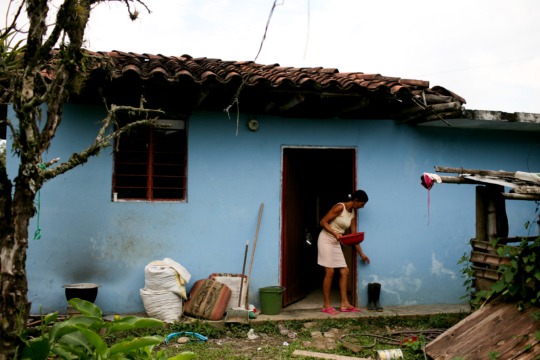

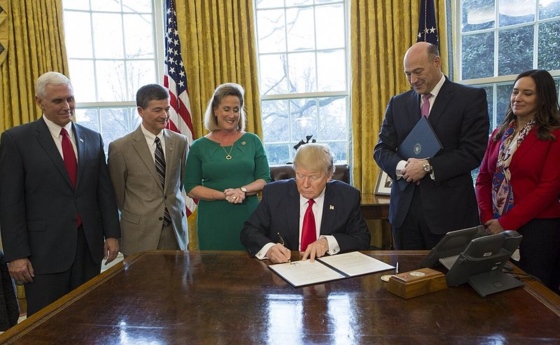
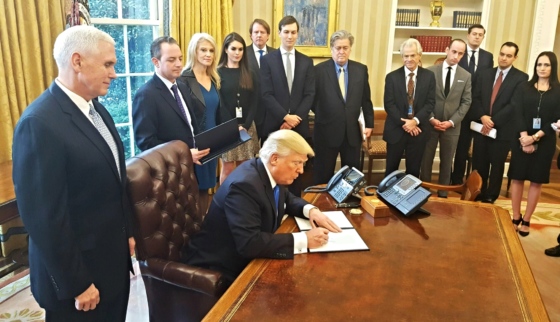
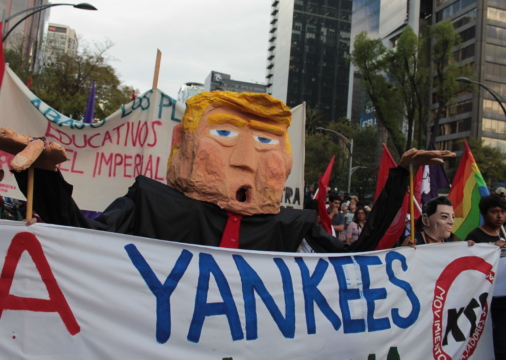
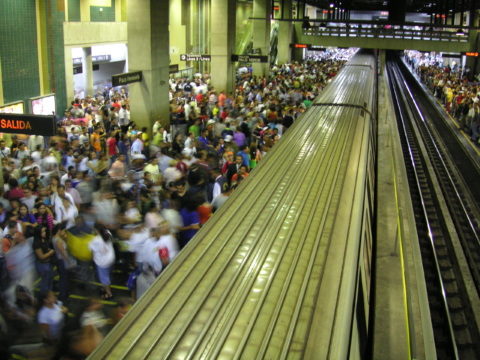
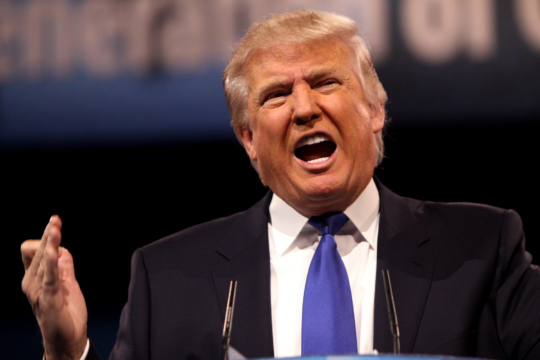

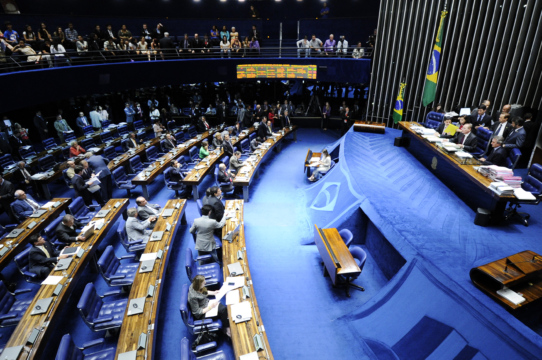
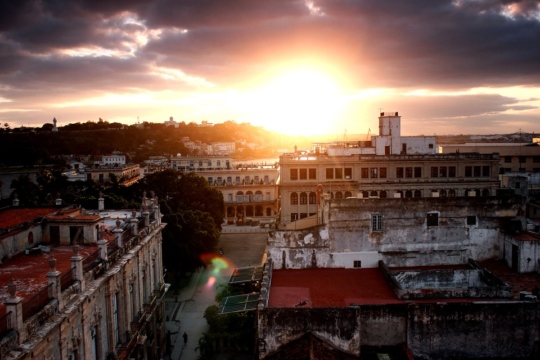
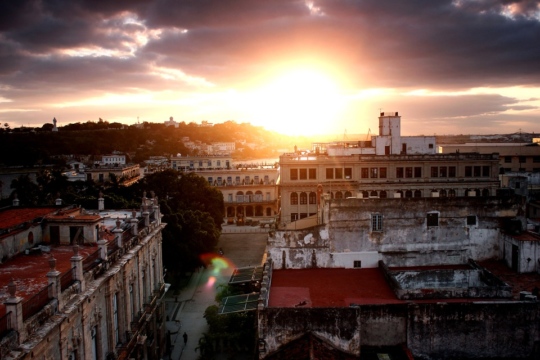
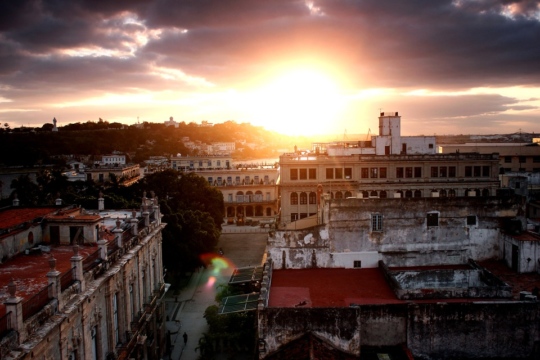
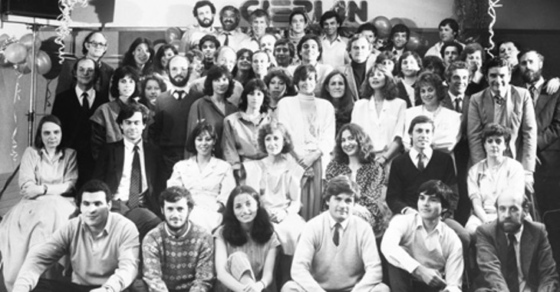 Video
Video
